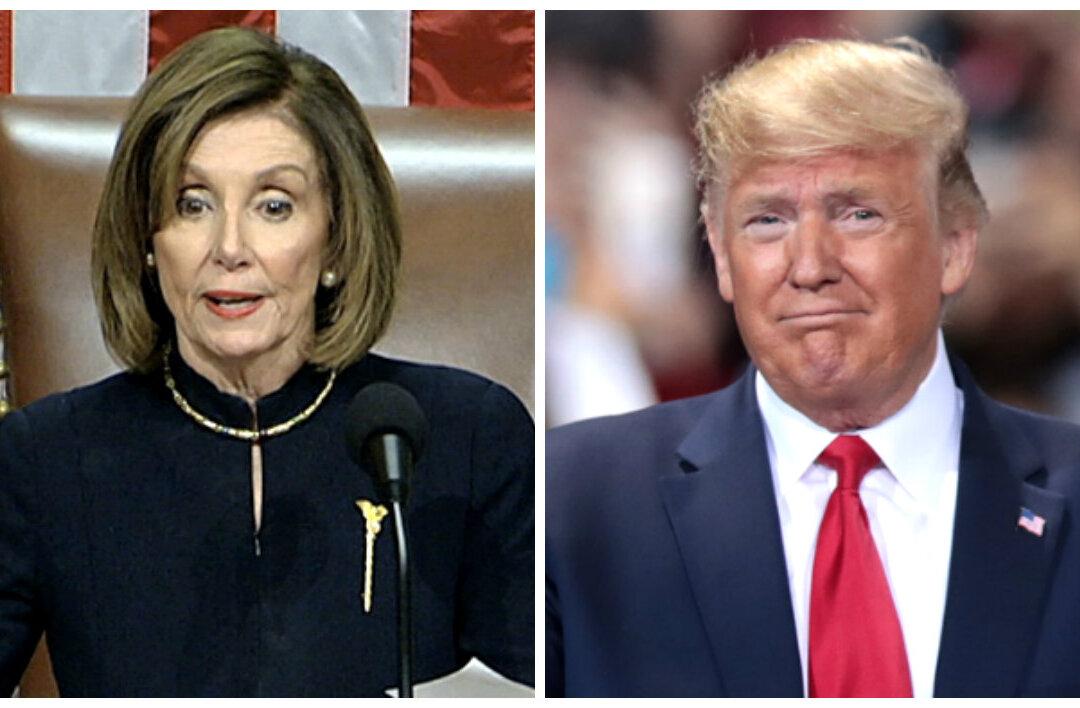The White House issued a severe rebuke to the International Criminal Court on Sept. 10 and threatened to retaliate if the supranational body’s personnel and abettors prosecute citizens of the United States or its allies.

Holly Kellum
Washington Correspondent
|Updated:



